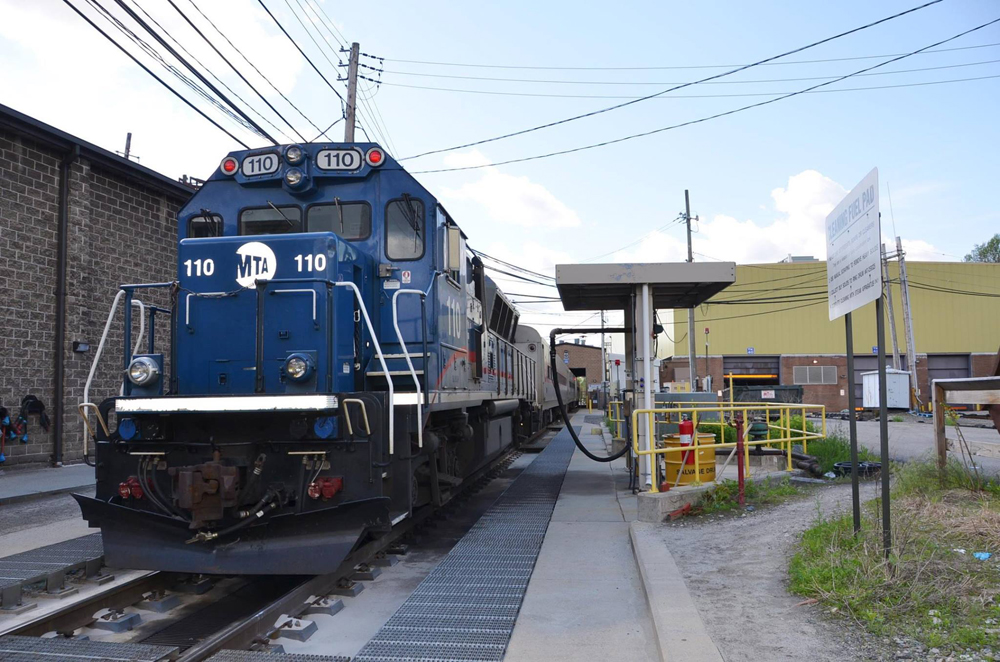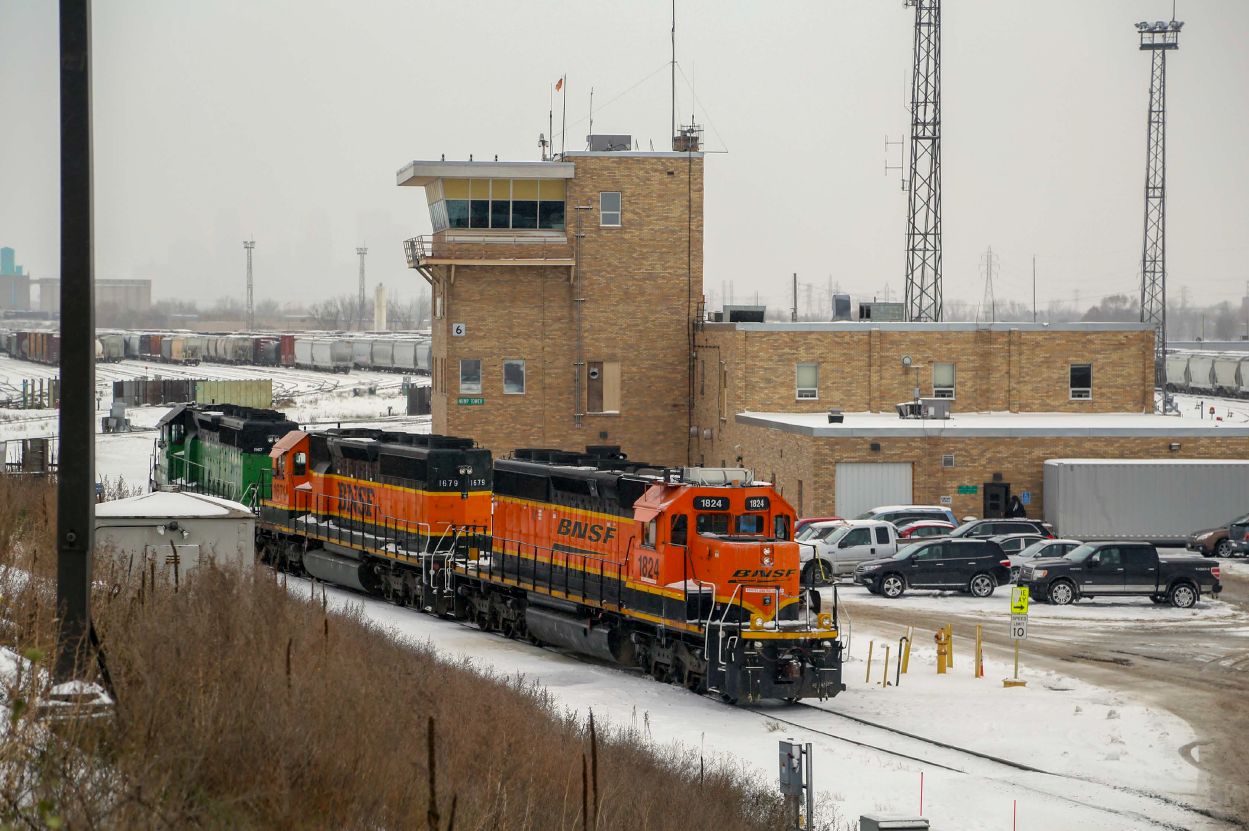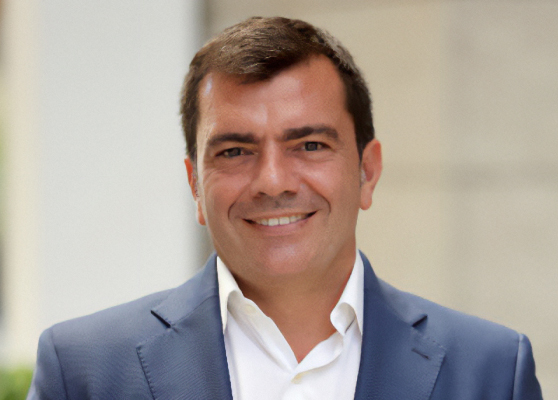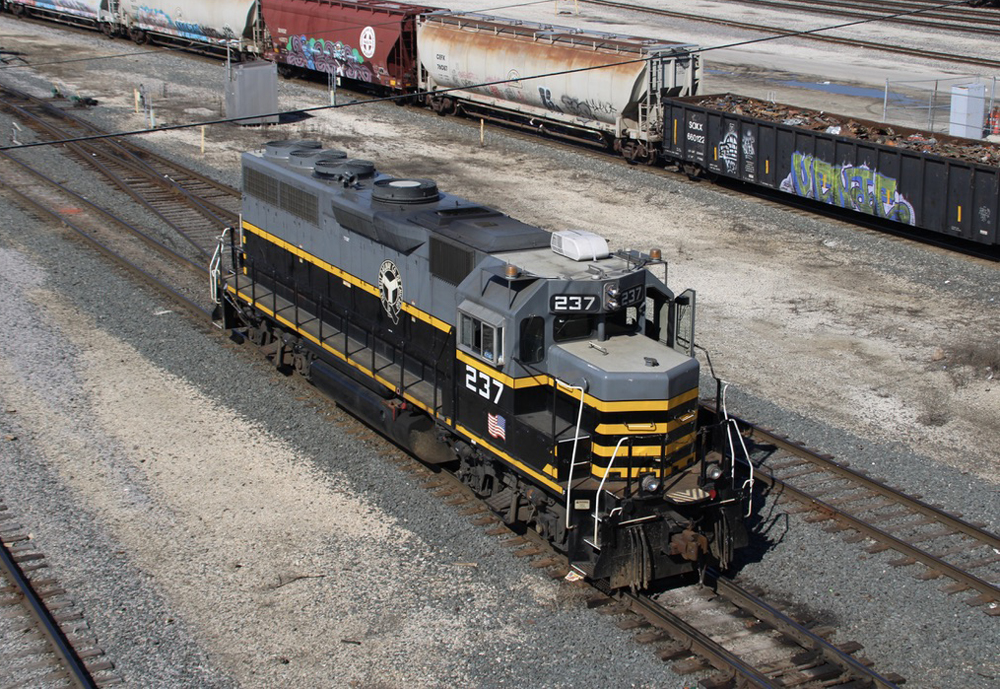
NEW YORK — Up to $1.8 billion in accessibility work on the Long Island Rail Road and in the New York City subway system, mprovements at Metro-North Railroad’s Brewster Yard, and LIRR state-of-good repair work were among items addressed with contracts approved Wednesday by the Metropolitan Transportation Authority board.
The board also approved the purchase of 429 buses, including 205 batter-electric buses.
“The procurements moving forward today advance top 2023 MTA goals – expanding accessibility systemwide, reducing greenhouse gas emissions and keeping the transit system in a state-of-good repair,” MTA CEO Janno Lieber said in a press release. “Together they will help move forward the transit system riders deserve.”
The contracts include accessibility upgrades at 13 subway and Staten Island Railway stations, as well as a major rehabilitation of the Broadway Junction complex, the third-largest subway station in Brooklyn and a transfer point for A, C, J, Z, and L lines. The work will create a stair-free path through Broadway Junction, as well as replacing existing escalators and creating a new direct entrance to the L line platform.
“The procurements moving forward today,” said MTA Construction & Development President Jamie Torres-Springer, “bring us to 42 subway stations in construction for full ADA-accessibility — the most in MTA history and a further demonstration of our commitment to expanding accessibility systemwide.”
On the Long Island Rail Road, stations at Forest Hills and Hollis will be made fully accessible, and will have platforms extended to allow for future capacity increases, while accessibility will be improved at Babylon, which will also receive platform and canopy replacments.
LIRR work will also see the Webster Avenue Bridge in Manhasset on the Port Washington Branch replaced, with reconstruction of the adjacent roadway, sidewalks, and retaining walls, new catch basins, and a new drainage system.
The Metro-North Brewster Yard project, which also includes the adjacent Southeast station, will proceed in three phases, including expansion into an adjacent, undeveloped 52-acre property. The first phase will address station parking and access improvements; the second will see a northward expansion of the yard, and the third will reconfigure the existing yard. When complete, the MTA says the facility will be a “strategic maintenance facility and transportation hub.”














The big brouhaha in NYC is the threatened congestion pricing plan, which would funnel revenue to the MTA, which unfortunately has a history of doing less with more…Nonetheless I ride the #6, busiest line in the system, with admiration.